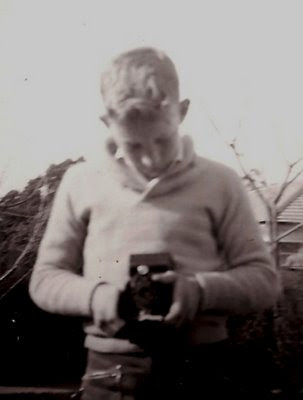A Trip Down Memoir Lane

A memoir is not a review of an entire life. It is merely a piece of that life – a snippet, a chunk, an event that has taken place during that person’s life. It's the snapshot, not the album. The events are told from that person’s point of view. “The writer of a memoir takes us back to a corner of his or her life that is usually vivid or intense.” Zinsser,W (Ed). (1987). “Inventing the Truth: The Art and Craft Of Memoir” A memoir incorporates a sequence of feelings, thoughts and observations surrounding the chosen event. Often the writer comes to a personal reflection on this event. How does this event reflect my life? What feelings, thoughts and observations are keys to this event? In teaching students to write a memoir piece, it is important for the writer to narrow the topic before commencing the task of committing words to paper. To begin, it may prove beneficial to read examples of memoirs or have examples read to them before they begin to generate their own potential topics.It...

